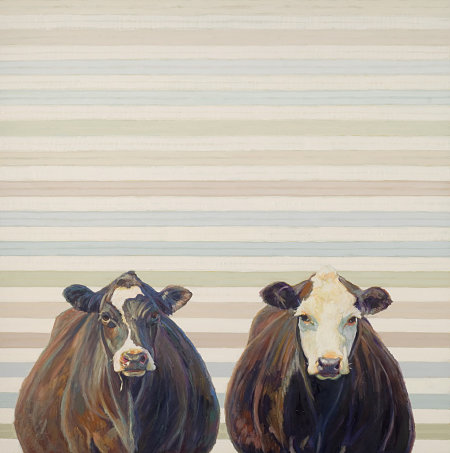
The Piano Room
She’d met Leland by chance in the confusion of his office several months ago, several months after her husband had left her. Left her? Had he? Her husband? No, that was the mistake. She could do anything she set her mind to, he’d said so himself. Why would a man leave a woman like that? “As his widow, you are the beneficiary.” Widow? Beneficiary? Was that the role she was playing now, this the suit her character would wear? She didn’t belong in that category or in this place. She must get home. She’d find him there. Seated before his piano. Eyes brown, no, hazel, chin a little rounded, no, pointed, yes, pointed, she was sure. Long legs. She struggled to get him into focus, yet his features blurred. She put her hand to her mouth. She would not scream. She’d act her part. She’d gone to the firm those months ago—they called it that, the firm—about some trivial but essential, they’d insisted, detail requiring her presence and having to do with probate. Probate? What did that have to do with her? And in the confusion of the glass and the glare coming in from the windows along the corridor, she’d lost track of the young woman in the pale gray woolen suit who had been sent to fetch her from reception and whom she was meant to follow without detouring or dawdling. And she really didn’t think she had dawdled or detoured, although the young woman in the gray suit kept up a brisk pace, but perhaps she had, thrown off as she was by the glare. She must have taken a wrong turn, gone left when she should have gone right, for suddenly she’d looked up and the woman she’d been following was nowhere to be seen, and she was in a part of the firm that seemed to have veered off from the corridor and become suddenly more populous.
“Lost?” he’d said.
Later she would learn his name was Leland.
At the time she was aware of a large frame, crinkly blue eyes, an affable smile.
“Stupid of me.”
“Not at all.”
He’d directed her to the office she required and, after her business there was concluded, had appeared coincidentally, for surely it must have been a coincidence, at her side before the elevator as she was waiting for its doors to open.
“Hello again.”
Again, the crinkly blue eyes, the affable smile. And the large frame, certainly she was aware of that, though not so much of the space he filled as of the space he didn’t fill but seemed to yearn to, reaching out with his very pores and breath, his body almost physically expanding, but stopping short of touching her.
*
Ten months, or is it a year? The Venetian chandelier overhead, the Chickering baby grand beneath. The peach satin armchair out of his direct line of vision. She takes her seat, closes her eyes. Images of Paris, where their son was conceived, flicker as in a silent film on the backs of her eyelids. Narrow cobblestone streets. Red shoes. Ridiculously high heels. His arm in hers. Steady, Jenny. Nineteen, a little tipsy, and insanely in love.
*
Now, today. This morning. Leland taking her to lunch.
“My office. At one.”
Hence the suitable suit. The silk blouse. She will not embarrass him in front of his colleagues.
Come in, Jenny. You’re welcome.
She enters the room, takes a seat opposite him on the other side of the imposing mahogany desk. From the window at his back, light streams in, impairing her vision. She might be in a physician’s office, awaiting a diagnosis. Life or death? She holds her breath, prepared to bargain.
“You’re looking lovely.” Life. She smiles, releases her breath.
“I’m just finishing up.” Leland reaches for a pen.
